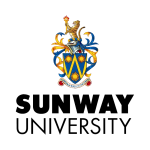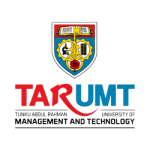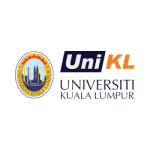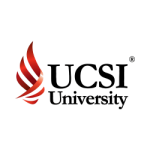In This Article
- What is a Foundation in Arts?
- What Foundation in Arts subjects should you choose?
- Bachelor's degree programmes and career pathways
- Foundation vs other pre-university programmes
- What are the benefits of studying a Foundation in Arts?
- How to apply for a Foundation in Arts
- Foundation in Arts courses in Malaysia

What is a Foundation in Arts?
An education in the arts can set you on the path to many career fields, including design, education, hospitality and tourism, and business.
With so many choices, you may not know which branch of the arts you want to pursue right away. That is where a Foundation in Arts comes in handy.
It is a pre-university programme that paves the way for a more specialised bachelor’s degree. How many years does a Foundation in Arts take to complete? Just one.
Generally, universities require students to have at least five credits or Cs in SPM or an equivalent, like O-Levels. That said, exact requirements may change depending on the institution, so research before applying.
Being such a broad course, a Foundation in Arts is suited to many prospective students. It is especially recommended if you are confident about pursuing an education – and subsequently, a career – in the arts. If you are already eyeing an undergraduate programme at a university that offers a Foundation in Arts course, undertaking the latter puts you on a direct pathway to the said programme.
Like other foundation courses, you will typically take around 10 subjects over a year. These subjects are divided into core subjects, which are compulsory for all students, and electives.
Electives are additional subjects you can pick according to your desired specialisation. For example, aspiring businesspeople can select subjects like accounting and business law.
The way you are assessed will differ depending on your institution. For the most part, however, you will take on a combination of coursework (presentations, quizzes and group assignments) and written exams.
Foundation courses, and by extension, a Foundation in Arts, are relatively affordable, with an average tuition fee range of between RM8,000 and RM25,000. Plenty of universities also offer financial aid and scholarships to alleviate the financial burdens that a student might face.
- Fast facts about a Foundation in Arts
- Foundation in Arts students can complete the course in one year.
- Five credits or Cs in SPM or equivalent is usually the minimum enrolment requirement, subject to the institution.
- A Foundation in Arts course typically costs between RM8,000 and RM25,000.
- Students normally take around 10 subjects, comprising core modules and electives.
- In terms of bachelor’s degree pathways, Foundation in Arts graduates tend to favour further education in business management, economics and mass communication.
- Among the high-paying roles a Foundation in Arts qualification can lead to are accountant, business analyst and digital marketer.
What Foundation in Arts subjects should you choose?
While each university has its own Foundation in Arts syllabus, there are areas in which they overlap in terms of core subjects and electives.
Core subjects usually include English and mathematics, or statistics and critical thinking skills.
Electives vary even more widely but usually include more specialised subjects related to accounting, marketing, and law. The number of electives you are required to take each semester changes according to the institution.
If you’re unsure what you want to specialise in, you can opt for a more diverse pool of electives. Otherwise, picking electives aligned with or closest to your intended undergraduate major is advisable.
Besides that, you can also use your interests to guide you. If you enjoy crunching numbers or are fascinated by how big businesses or corporations function, you could venture into accounting or economics. For those who are creatively inclined and passionate about the performing arts, electives related to film and music should be right up your alley.
Like most types of foundation courses, a Foundation in Arts takes a holistic learning approach by combining practical work and written assessments. By the end of the course, students should be prepared for undergraduate studies and equipped with critical thinking and communication skills.
If you’re wondering, “What can I study after Foundation in Arts?”, graduates can pursue bachelor's degrees in fine arts, graphic design, mass communication, psychology, sociology and more.
A bachelor's degree in Fine Arts can lead to careers as artists, illustrators or museum curators. In contrast, a degree in graphic design opens doors to opportunities in advertising, branding and digital media.
Mass Communication graduates may secure jobs related to public relations, journalism or marketing. Meanwhile, psychology and sociology degrees can pave the way for careers in counselling, human resources or social research.
Foundation in Arts bachelor's degree programmes and career pathways
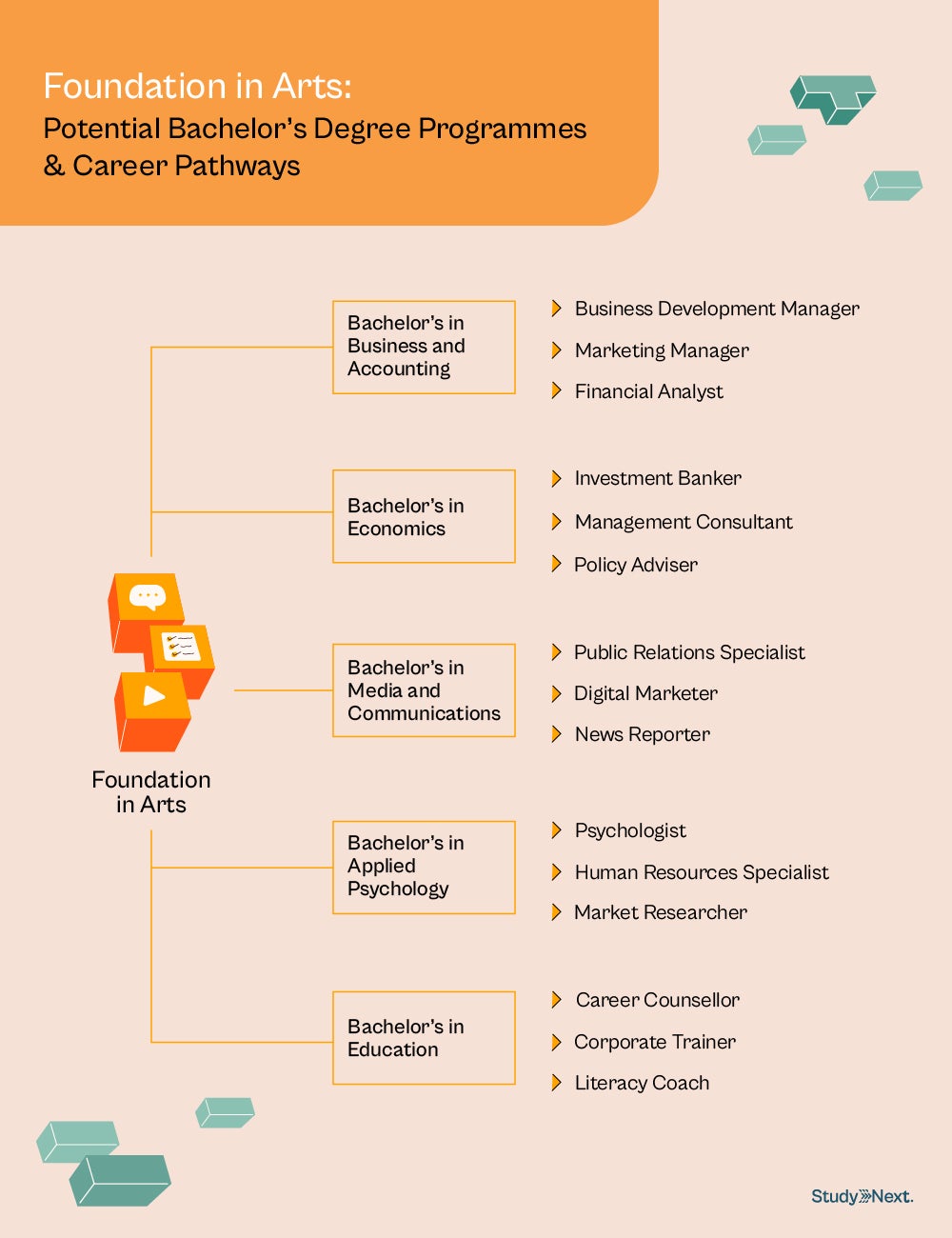
Foundation vs other pre-university programmes
| Criteria | Foundation | Diploma | STPM |
|---|---|---|---|
| Duration | 12 months | 24 - 30 months | 18 months |
| Structure | Tailored to degree courses offered by the university and a combination of compulsory, elective and general studies subjects | Focuses on a specific field of study, with greater emphasis on learning practical skills that boost one’s employability upon graduation | Modular format that continually assesses students over three six-month-long semesters. Beyond written exams, students are assessed via field study, projects and practical work |
| Assessment | Mix of coursework, exams, quizzes and final assessments | Mix of assignments, practical assessments, coursework and examinations | School-based assessment (20-40%), centralised examinations (60-80%) at the end of each term and co-curricular activities (10%) |
| Recognition | Recognised by the university that provides the programme and some other private universities (may vary from institution to institution) | Recognised for degree acceptance at the university offering the diploma. Credit transfer may be applicable to other institutions | Recognised by all local public universities, local private universities and over 2,000 foreign universities |
| Entry requirements | Varies by university | Course-specific requirements | Entry to public universities requires a minimum CGPA of 2.00, with grades of C and above in three subjects, including general studies. Entry requirements for local private universities and foreign universities vary according to institution |
| Number of subjects | Varies by course | Varies by course | 4 - 5 |
| Criteria | A-Levels | American Degree Transfer Program (ADTP) | WesternAustralian Matriculation (AUSMAT) | Canadian International Matriculation Programme (CIMP) |
|---|---|---|---|---|
| Duration | 14 - 24 months | 24 months | 7 - 10 months | 12 - 15 months |
| Structure | Has two levels called AS and A2, which foster critical thinking and in-depth knowledge of chosen subjects | Broad-based, learning-driven education | Assignment-based with continuous assessment | Interactive learning focus, with a progressive accumulation of marks |
| Assessment | Final examinations at the end of each level | Mix of exams, coursework, assignments, presentations, quizzes and research papers | 50% coursework and 50% exams | 70% coursework and 30% final examinations |
| Recognition | Widely recognised by local and international institutions | Recognised by American universities | Recognised by local and international institutions | Recognised by local and international institutions |
| Entry requirements | Subject-specific requirements that depend on the course | Completion of approximately 60 credits | Varies by university | Varies by university |
| Number of subjects | 3 - 4 | 20 | 5 | 6 |
What are the benefits of studying a Foundation in Arts?
- It gives you more variety in seeking jobs
Being a course covering so many disciplines, a Foundation in Arts gives graduates a versatile skill set that makes them a more desirable candidate in a competitive job landscape. From creative roles in the arts to in-demand roles in communication, research and psychology, a Foundation in Arts qualification opens doors to them all. - It helps you transition smoothly to specialised degrees
Universities usually design their Foundation in Arts courses to cater to their corresponding bachelor’s degrees. As such, you can transition seamlessly to the bachelor’s degree of your choice upon obtaining your foundation, provided the courses are within the same scope of study. - It lets you explore different interests
A Foundation in Arts may be ideal if you're undecided on what to study or pursue professionally. With its wide variety of core subjects and electives, students can sample courses from different arts and humanities fields to better decide the academic major that suits them best. - Enhances creativity and innovative thinking
Through a Foundation in Arts, students learn to think outside the box, approach problems with innovative solutions and express themselves creatively. All these skills are transferable to and highly valued in many professions, including business, technology and communications.
How to apply for a Foundation in Arts
Applying for a Foundation in Arts is a straightforward process similar to most institutions. Nonetheless, checking in with your university of choice before proceeding is a good idea.
Here are the steps:
Step 1. Pre-application
- Check the requirements of the Foundation in Arts programme at your desired institution, such as exam results and minimum age for course entry.
- Check the institution’s Malaysian Qualifications Agency (MQA) accreditations to ensure your programme is recognised and meets standards.
- Check the number of intakes, intake dates and other key dates, like the last day of application submission and payment deadlines.
Step 2. Application
- Prepare all necessary documents for your application. Institutions usually provide a checklist you can refer to easily.
- Check for application fees. If a fee applies, proceed with paying the fee.
- Check for a course deposit. If a deposit applies, proceed with paying the deposit.
- Submit your application and required documents. Most institutions have an online portal through which you can make your submission.
Step 3. Post-application
- If an online portal for your desired institution exists, you can usually track your application status there.
- Otherwise, keep an eye on your inbox for updates on your application via email.
- If your application is successful, you should receive an email detailing the next steps, such as the offer acceptance deadline and orientation date.
Foundation in Arts courses in Malaysia
Foundation in Arts courses are offered at many universities in Malaysia, many of which are highly ranked in the QS World and Asia University Rankings 2024.
Here are a few names to add to your shortlist if you’re considering this course:
1. Sunway College
Sunway College’s Foundation in Arts (FIA) gives its students an edge by including enrichment subjects in its programme structure. These units aim to broaden students’ general knowledge and develop their critical thinking skills.
| Intakes |
|
|---|---|
| Duration | 12 months |
| Subjects |
Semester 1: Core units
Enrichment units
Academic electives (choose 2)
Semester 2: Core subjects
Enrichment units
Academic electives (choose 1)
Semester 3: Core subjects
Enrichment
Academic electives (choose 1)
|
| Fees | From RM16,500 (with administrative fees of RM1,980 per year for international students) |
2. Taylor's College
The Taylor’s College Foundation in Arts is an interdisciplinary course that is designed to prepare students for a myriad of fields. Graduates can pursue a degree at Taylor's University, other local universities and international universities in the UK and Australia.
| Intakes |
|
|---|---|
| Duration | 12 months |
| Subjects |
Semester 1: Core units
Semester 2: Core subjects
Semester 3: Core subjects
Electives
|
| Fees | RM28,500 (local students) or US$9,765 (international students) |
3. HELP University
Partner universities in Australia, the UK, New Zealand and the USA recognise the Foundation in Arts at HELP University. The course also benefits from value-added subjects such as Study Skills, Personal Development, and Leadership.
| Intakes |
|
|---|---|
| Duration | 12 months |
| Subjects |
Semester 1: Core units
Semester 2: Core subjects
Semester 3: Core subjects
Electives
|
| Fees | RM16,350 |
4. UOW College
Apart from the usual core subjects, Foundation in Arts students at UOW Malaysia are chosen to take electives in two areas, namely law/humanities and IT/computer science. The course is taught at the institution’s George Town, Penang branch.
| Intakes |
|
|---|---|
| Duration | 12 months |
| Subjects |
Semester 1:
Semester 2:
Semester 3:
Electives Arts & Humanities
IT/Computer Science
|
| Fees | RM17,850 (local students) or RM27,750 (international students) |
5. University of Nottingham
University of Nottingham’s Foundation in Arts and Education is aimed at preparing students for undergraduate studies at the institution’s Faculty of Arts and Social Sciences. Upon completion of the course, students will have fundamental knowledge of the social sciences alongside academic communication and critical-thinking skills.
| Intakes |
|
|---|---|
| Duration | 12 months |
| Subjects |
Semester 1: Core subjects
Semester 2: Core subjects
Semester 3: Core subjects
Operational modules
|
| Fees | RM8,900 per semester (local students) or RM10,900 per semester (international students) |



